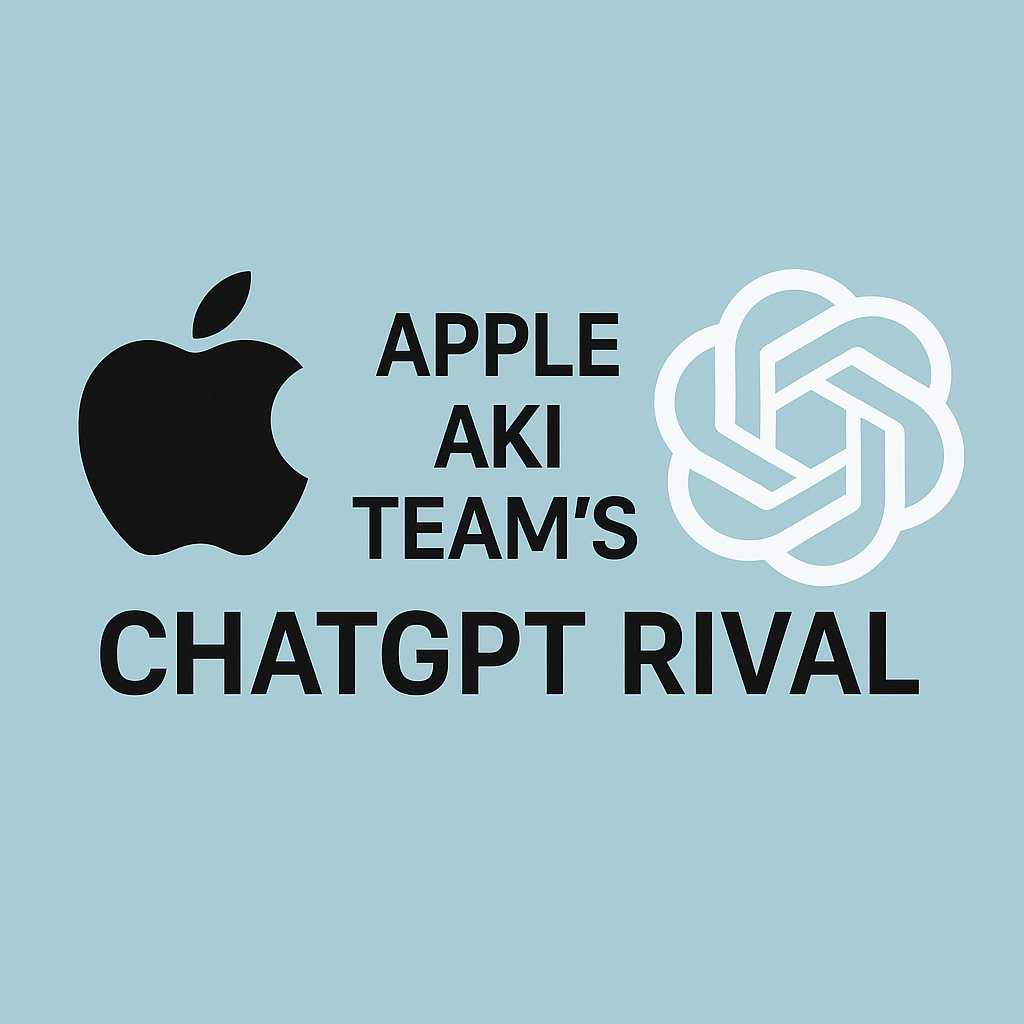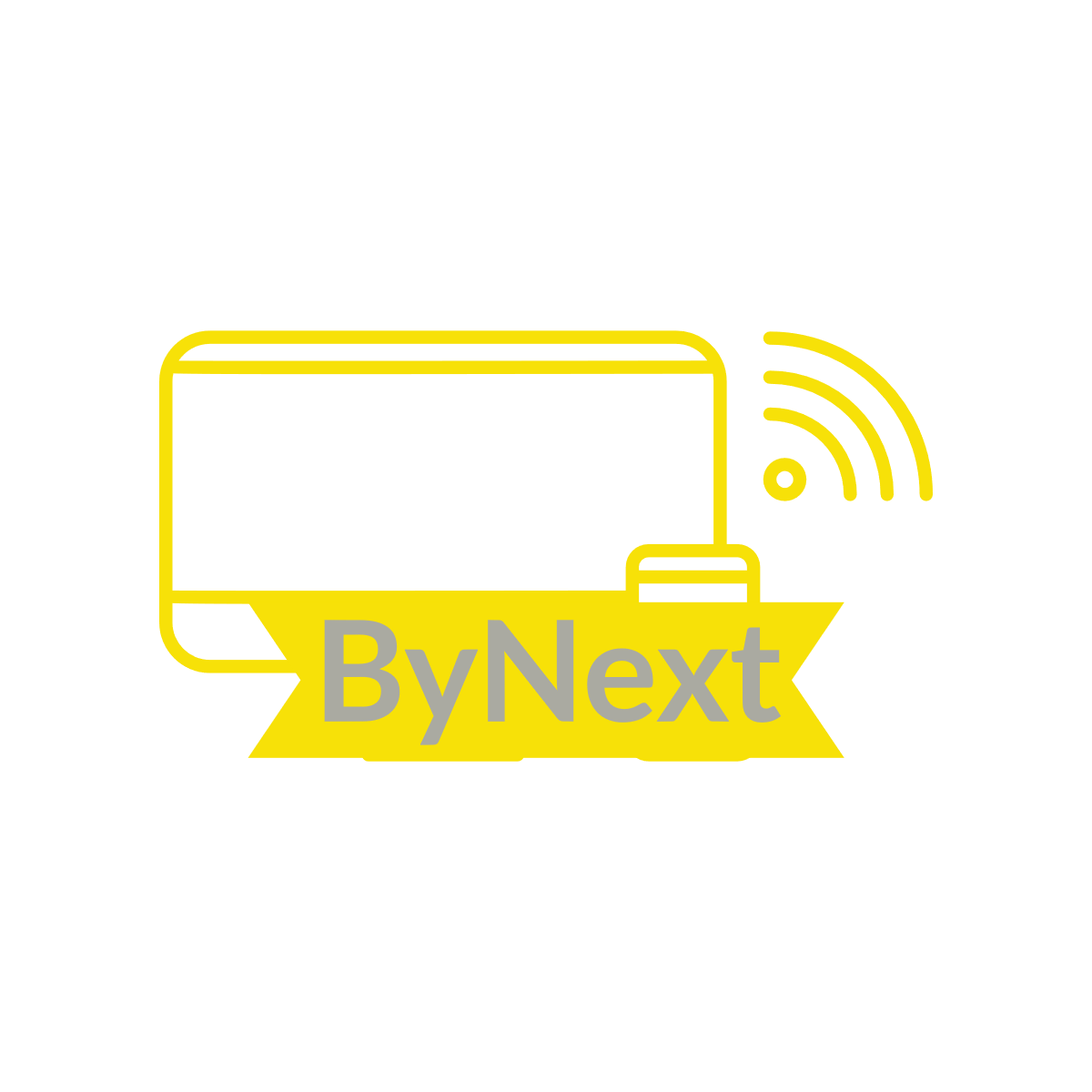
Apple AKI Team’s ChatGPT Rival to develop a ChatGPT-style answer engine. This strategic pivot follows years of measured skepticism from Apple’s leadership about chatbots, as millions of people globally flock to conversational AI for everything from search to daily tasks. The stakes for Apple are high, as industry giants like OpenAI, Google, and Microsoft set the pace with cutting-edge, AI-driven products—and Apple’s users demand more intelligent, helpful, and private features across their beloved devices.
Table of Contents
The Rise of Generative AI: Why Now?
Generative AI tools like ChatGPT, Google Gemini, and Perplexity AI have rapidly disrupted how people seek and receive information:
-
Over 100 million users adopted ChatGPT within months of launch.
-
AI-powered search platforms now offer lightning-fast, context-aware answers that often outperform traditional links.
-
Consumers and businesses alike expect digital assistants to be more conversational, knowledgeable, and personalized.
Until now, Apple’s AI efforts—such as “Apple Intelligence” features and a revamped Siri—haven’t matched the depth of these conversational experiences. By launching the AKI team, Apple is signaling it won’t be left behind as search and device interaction are redefined by generative AI.
Meet the AKI Team: Leaders, Mission, and How It Works
Who Leads the AKI Team?
-
Robby Walker, a former Siri executive now a senior director under Apple’s AI chief John Giannandrea, is at the helm of the AKI initiative.
-
The team works closely with Apple’s broader AI division, leveraging experience in voice, search, and large language models to build a uniquely Apple answer engine.
What Is the Mission of the AKI Team?
-
To create an “answer engine” capable of crawling the web and responding to general knowledge questions in a natural, conversational way.
-
AKI’s ultimate goal: deliver an AI-driven search experience that’s effortless, contextually aware, and deeply integrated across the Apple ecosystem.
How Does the Apple Answer Engine Work?
-
Drawing from both web data and user context (while maintaining strict privacy), Apple’s system aims to provide direct, relevant answers—making everyday searches, device assistance, and even learning tasks more efficient and delightful.
-
New backend AI infrastructure will support seamless integration of this answer engine across multiple Apple platforms, from iOS to MacOS.
Apple vs. ChatGPT (OpenAI), Gemini (Google), and Perplexity AI: The Key Differences
Apple’s Distinct Approach
-
Privacy First: Unlike many rivals, Apple’s answer engine will be designed with privacy at its core, minimizing cloud data use and ensuring on-device processing whenever possible.
-
Deep Ecosystem Integration: The engine will connect with Siri, Spotlight, Safari, Messages, and more—making Apple devices feel smarter without sending user data outside the ecosystem.
-
Less Showy, More Apple-Like: Expect a cleaner, more curated interface—consistent with Apple’s design philosophy—rather than “flashy” features for their own sake.
-
Personalization Without Compromise: By harnessing user data locally, Apple’s approach could yield highly relevant answers while upholding its well-known privacy standards.
How It Will Stand Out
| Feature | Apple AKI | ChatGPT/Gemini/Perplexity |
|---|---|---|
| Privacy | On-device focus | Primarily cloud-based |
| Ecosystem Integration | Deep (Siri, Safari) | Web/app-based, less OS-level |
| User Experience | Apple-style simplicity | Varies; often more technical |
| Search Engine Dependency | Reduces reliance | Often ties to default search engines |
| Standalone & Embedded Modes | Both planned | Mostly web tools, APIs |
Features: What We Expect from Apple’s Answer Engine
-
Conversational Q&A: Direct, natural language answers—no more sifting through multiple links.
-
Cross-App Availability: Integration with Siri, Safari, Spotlight, and possibly a dedicated app.
-
Context Sensitivity: Smart responses based on time, location, and user activity.
-
Privacy Controls: Transparent user settings to manage data sharing and AI access.
-
Continuous Upgrades: Seamless improvement via software updates across all Apple platforms.
Integration Plans
-
Siri: The biggest upgrade in years, with conversational abilities that finally rival the best AI chatbots.
-
Safari/Spotlight: Revolutionize how Apple users search the web, with instant summaries and direct answers in the browser or Spotlight pane.
-
Standalone App: Early reports suggest a dedicated AI app may launch as a central hub for all knowledge and help tasks.
Strategic Importance: Apple’s New AI Rivalry
Apple’s late but forceful entry has big implications:
-
Less Reliance on Google: Apple’s $20 billion annual search deal with Google may be threatened if its in-house answer engine becomes the default for users.
-
Competitive Edge: A successful product could leapfrog Siri ahead of rivals and differentiate Apple devices at a time when hardware innovation has plateaued.
-
Market Pressure: Apple’s move will force competitors to double down on privacy and integration, potentially leading to better AI standards industry-wide.
Challenges and Opportunities
Key Hurdles
-
AI Talent Wars: Apple must attract and keep top AI researchers, as competition with Meta, Google, and OpenAI intensifies.
-
Delayed Siri Overhaul: Past failures—such as the much-delayed Siri upgrade—underscore the difficulty of executing this ambitious pivot.
-
Privacy Balancing Act: Apple must deliver personalization and intelligence without compromising the trust its brand is built on.
-
Antitrust Scrutiny: The end of exclusive search deals could invite new regulatory and legal hurdles, especially in the U.S. and Europe.
Why the Opportunity Is Massive
-
User Base: With over a billion active devices worldwide, even a modest improvement in daily experience affects millions instantly.
-
Brand Loyalty: Apple users have high expectations—and are likely to embrace a feature that makes their devices more helpful and intuitive.
-
Innovation Leverage: Custom silicon and integrated hardware give Apple the chance to tune AI performance like no other platform can.
When Will Users Experience Apple’s AI Search?
-
Development Stage: The AKI project is still young, with initial features in private development and aggressive hiring underway for search and AI roles.
-
Realistic Timeline: The most substantial upgrades, including a new Siri experience and embedded answer engine, are expected no earlier than spring 2026, possibly appearing in iPhone 17 and future software updates.
-
Gradual Rollout: Features will likely debut in stages—beginning with select apps or regions before rolling out globally.
Expert Commentary and Market Buzz
Apple CEO Tim Cook has called the AI revolution “as big or bigger” than the internet or smartphones, telling employees: “We’ve rarely been first. There was a PC before the Mac; there was a smartphone before the iPhone… This is how I feel about AI”.
Industry analysts suggest Apple’s cautious approach could pay off, noting that while tardy, Apple often redefines categories it enters late—from the iPod to the Watch to the iPad.
Conclusion: A Pivotal Moment for Apple and Consumer AI
Apple’s AKI initiative is poised to redefine not only its approach to search and virtual assistance but also the standards for privacy and integration in AI-powered products. For consumers, this means:
-
Greater control and privacy over personal data.
-
More helpful daily interactions across iPhone, iPad, Mac, and beyond.
-
A glimpse into a future where generative AI isn’t a separate app—it’s invisibly woven into every device experience.
Watch for announcements in the next year as Apple begins to unveil this new “answer engine”—it could be one of the company’s most transformational innovations yet.
